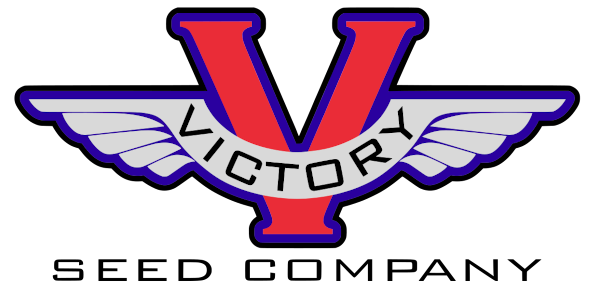
Forget the idea that seeds are like sleeping babes, snug and dry in their paper packets waiting for the balmy warmth and moisture of spring to stir them from their slumber. They are more like giants in chains, held back by chemical inhibitors that must be removed before the seeds can grow. That's one finding of Norman Deno, a retired chemistry professor at Pennsylvania State University and a lifelong gardener. He has studied the germination of more than 4,000 kinds of plants and has found that very few have no germination inhibitors, and many have several.
"One of the biggest misconceptions about seeds is that after you collect them, you should dry them and put them into storage to germinate later when you give them moisture and warmth. That does work for most garden vegetables and annual flowers. In fact, about half of all temperate-zone plants work that way. But it doesn't work for the other half, and it is absolute death to some things, says Deno."
Mechanisms for preventing premature germination are tremendously varied. Even plants in the same family can have very different "germination blockers." For some seeds, the degradation of these blockers occurs only at temperatures around 40? F; for others the critical temperature is 70? F. Some need dry periods; others must have moisture or periods of light. The breakdown period can vary from weeks to years. And many plants need several of these conditions, in a specific order, before germination can occur.
Consider winter aconite (Eranthis hyemalis), a popular companion to early spring bulbs in naturalized plantings. To germinate, the seed must be held at 70? F for three months while one kind of blocker degrades, then at 40? F for 55 days while another blocker degrades. Then virtually all the seed will germinate within four days. You can't reverse that order: The 40° F blockers won't degrade until after the 70° F blockers are gone!
This is why winter aconite self-sows so readily in some situations (seed is ripe in early May), but is very difficult to grow from seed sent through the mail. Eranthis seed can't tolerate drying - to be stored and shipped successfully, it must be kept moist.
Deno's work explains why some plants (tomatoes, pansies, dill) grow so freely as volunteers in the garden, and others volunteer sparsely or not at all. For most vegetables and annual flowers, a specific dry period is absolutely crucial to degrade the blocking mechanism. Some seed that requires drying is permanently damaged if it should first fall to the ground and stay moist awhile. (For tomatoes, by the way, the blocker is a chemical in the juice of the fruit; wash it away and the seed is ready to grow).
 Victory Seed Company has all the seeds you want for your best garden in 2024.
Victory Seed Company has all the seeds you want for your best garden in 2024.
For 25 years, the family-owned Victory Seed Company has provided the highest quality vegetable, herb and flower seeds to families across the country. We are passionate about providing you the best seeds available that give excellent germination, robust plants, and the harvest you want. With a catalog of over a thousand varieties, we have everything, and our prices are the kinds that we'd want to pay. We have hundreds of yesterday's heirloom vegetables, as well as today's award winning hybrid selections. Get to know us by visiting our website and browsing through our online vegetable seed catalog.